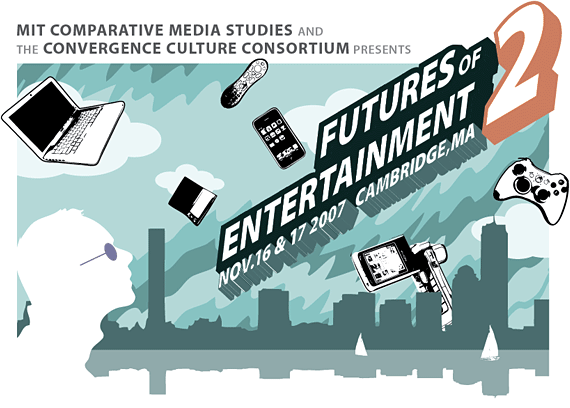There is growing anxiety about the way labor is compensated in Web 2.0. The accepted model—trading content in exchange for connectivity or experience—is starting to strain, particularly as the commodity culture of user-generated content confronts the gift economy which has long characterized the participatory fan cultures of the web. The incentives which work to encourage participation in some spaces are alienating other groups and many are wondering what kinds of revenue sharing should or could exist when companies turn a profit based on the unpaid labor of their consumers. What do we know now about the “architecture of participation” (to borrow Kevin O’Reilly’s formulation) that we didn’t know a year ago? What have been the classic mistakes which Web 2.0 companies have made in their interactions with their customers? What do we gain by applying a theory of labor to think about the invisible work performed by fans and other consumers within the new media economy?
Panelists: Mark Deuze, Indiana University; Catherine Tosenberger, University of Florida; Jordan Greenhall, DivX; Elizabeth Osder, Buzznet; Raph Koster, Areae



